Tropical Hives thrives in bees
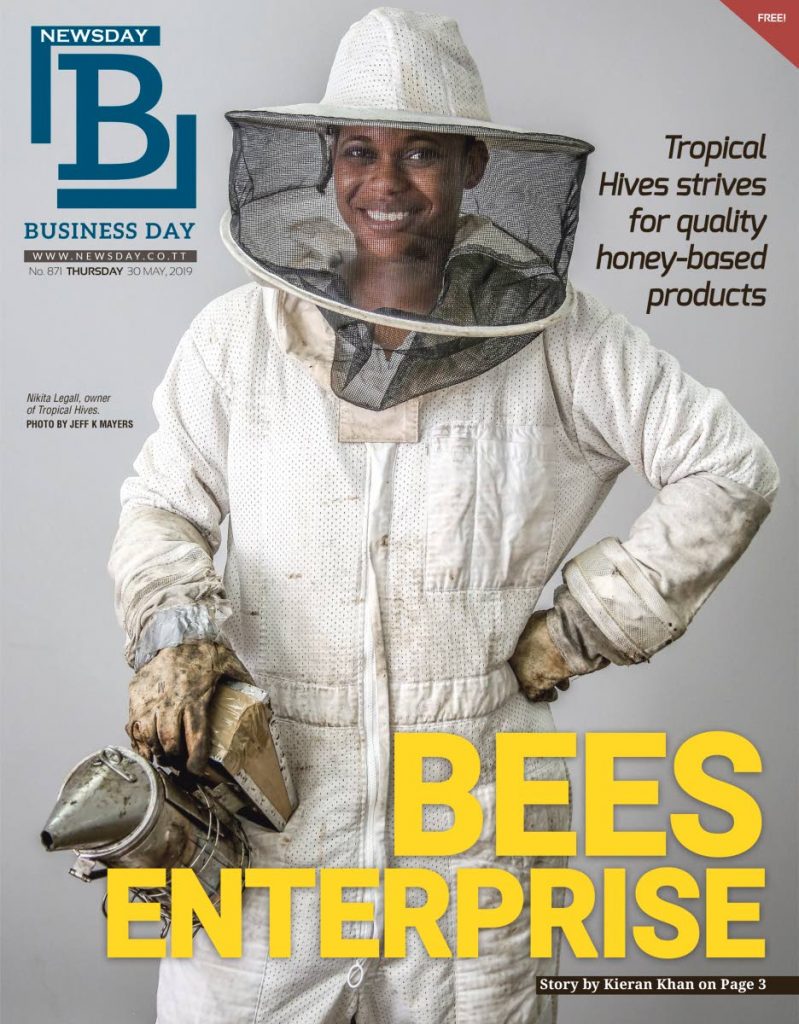
With a passion for entrepreneurship and improving the environment around her, Nikita Legall quickly found her niche in founding Tropical Hives, appropriately named for her specialty honey business. But this wasn’t the first immersion for the young woman who refuses to put herself in a box.
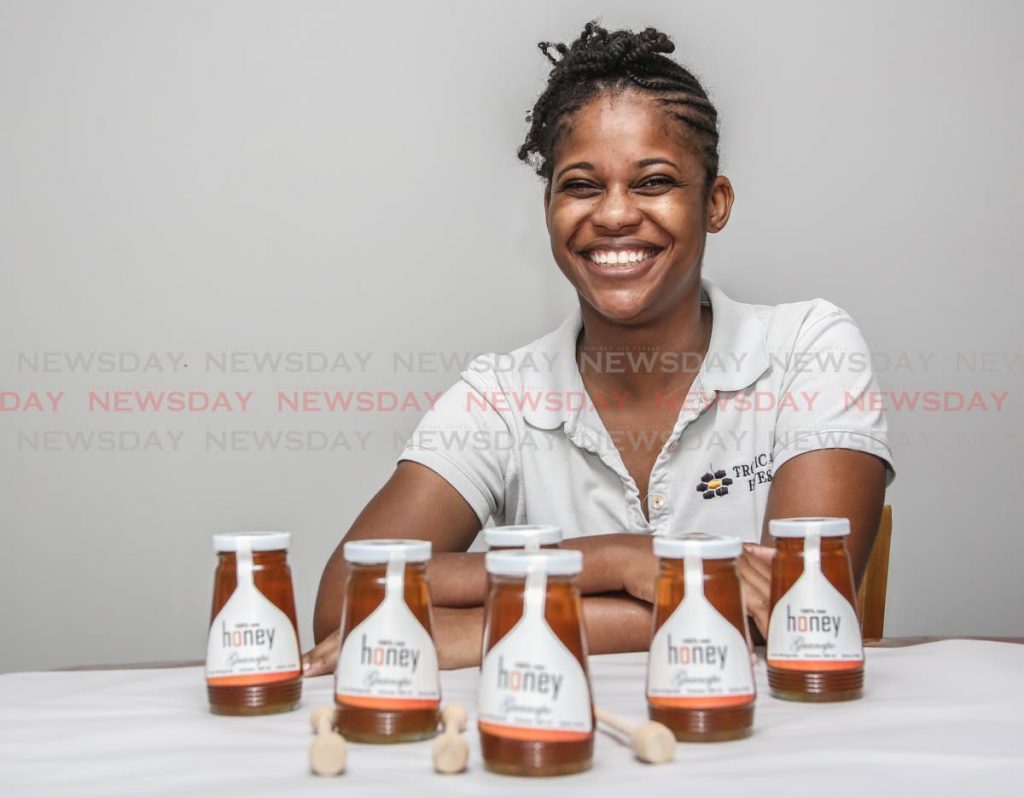
"I’ve always had a passion for science and for the environment, but I was also a natural entrepreneur from a young age. My first business was selling pencils when I was in primary school. I got my mother to buy me 144 pencils wholesale from MET Wholesalers – the neon ones, and I promptly started reselling them to schoolmates,” she explained. “During class, I would strategically always sit next to the window and while the school day was going on I would flip the pencils which probably cost about 50 cents for $3,” she pointed out. Wisened to the business her daughter was doing, her mother would be repaid to purchase more pencils, allowing the precocious Legall to first learn the dynamics of profit and margins in a business environment.
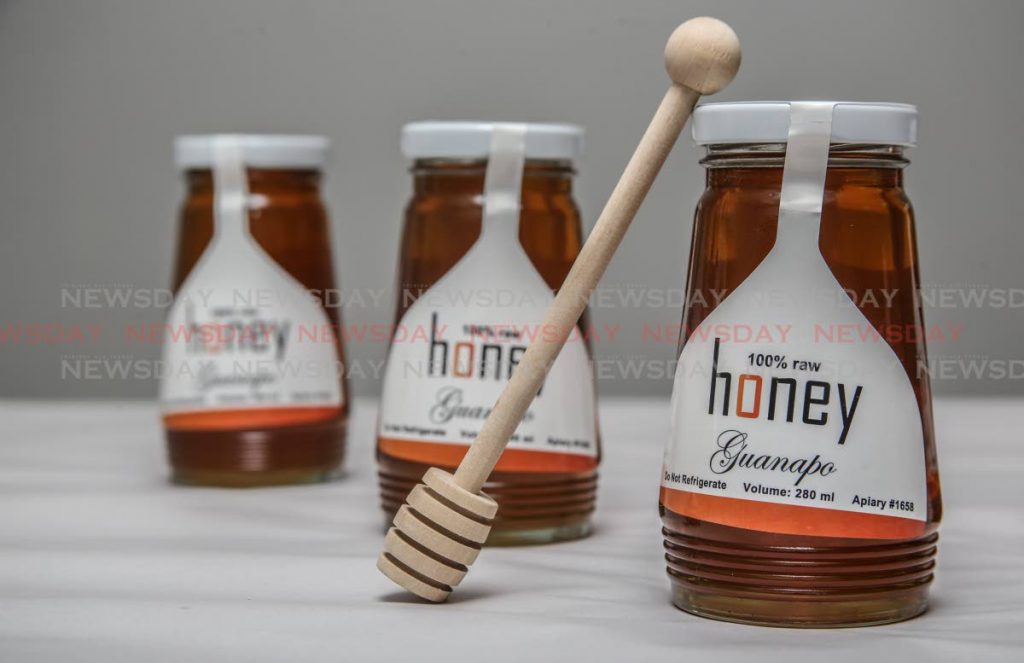
“Those business fundamentals stayed with me,” she added, “and I quickly learned that kids liked the neon ones over the regular boring ones so they would be willing to pay a premium for it. It opened my eyes to the basics of business and paying attention to the product you’re selling.”
Despite reading for her degree in chemical and process engineering, Legall admits that it wasn’t the right fit ultimately for her. “My core passion really was in the environment and things like alternative energy but the study options at the time didn’t align with that. I also realised that I don’t function well in traditional structured work environments. I needed to be in charge of my own time, my own schedule and most working environments in my area of study don’t allow for that,” and after numerous career changes she serendipitously found herself in beekeeping.
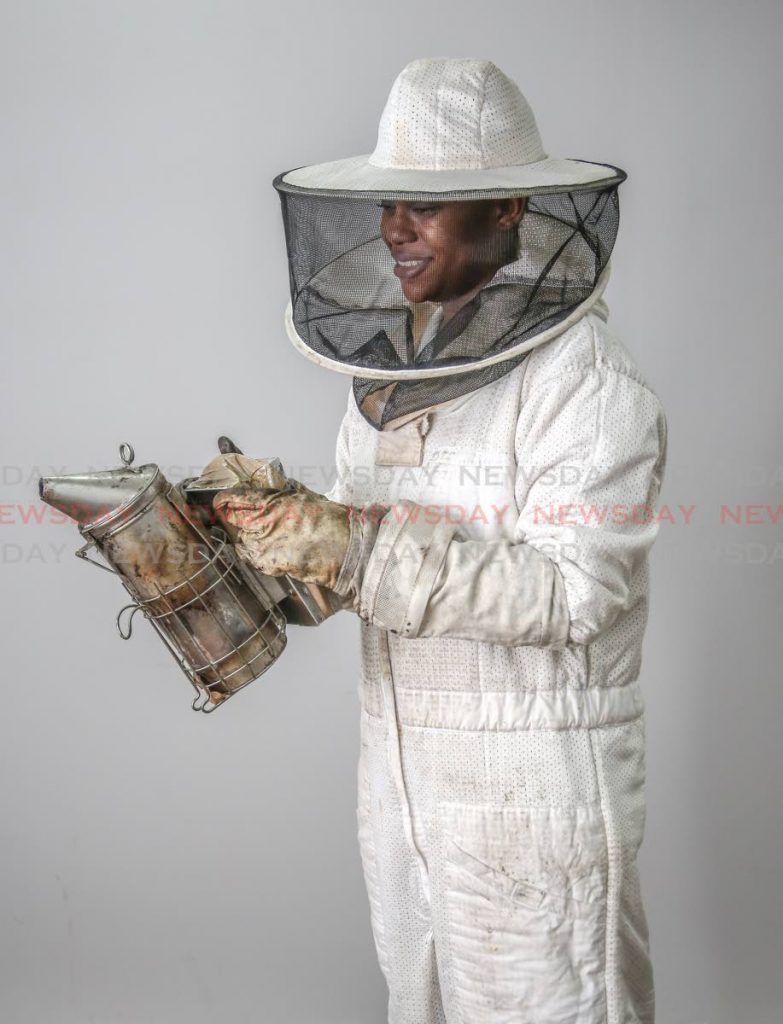
“After completing a course in beekeeping from the Ministry of Agriculture, I just kept going, doing the best I could with the resources that were available,” she highlighted. “Right now, my focus is on regenerative agriculture and it’s become such a part of me to the point where my family and I grow the food we consume at home too.”
Learning from her immersion with neon pencil sales, she focused heavily on her product offering to understand the challenges in the industry and like any true entrepreneur, sought to address them.
Customers can place orders through the business' social media platforms or website and can have their honey delivered. “I set out to make honey more accessible in the first place – as we traditionally buy at the roadside on certain days depending on if the person selling is there that day. So instead, Tropical Hives offers free delivery every Friday from Port of Spain to Arima and San Fernando,” Legall said. A small bottle costs $85.
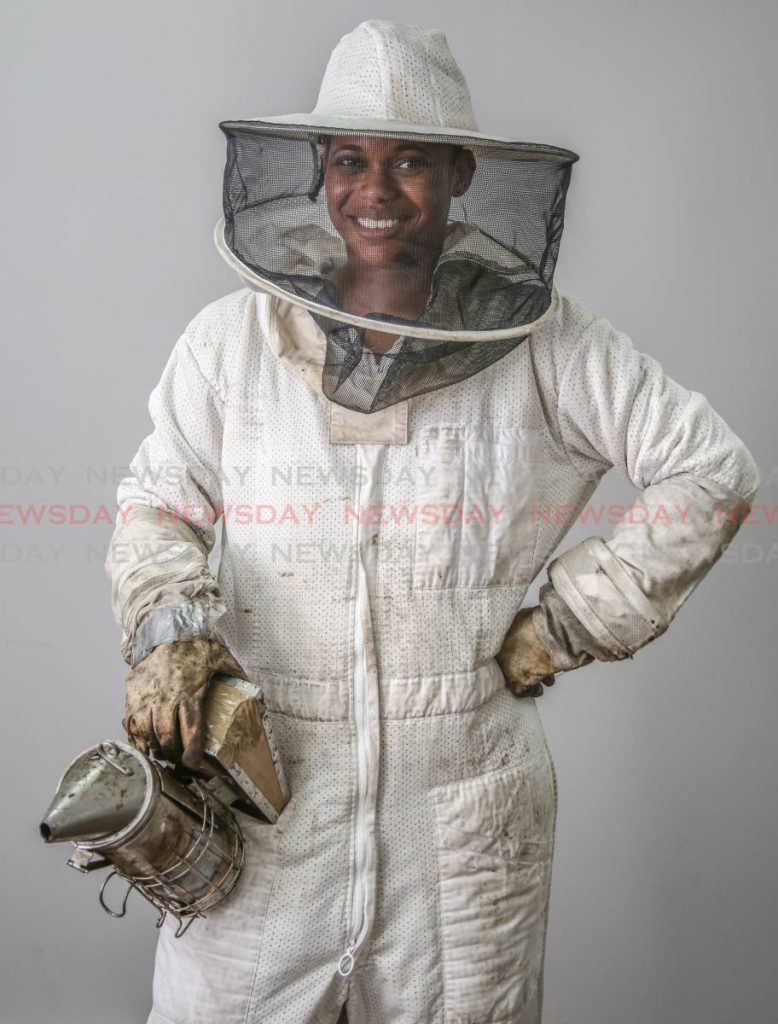
With food fraud in honey being an area of concern, Legall also supplies co-branded honey from apiaries that she can vouch for. “People are always quick to judge honey based on colour or whether it crystallizes. She offered her insights, “Honey can crystallize under certain conditions – you can Google on that. And the colour of the honey is determined by the bees’ environment. Quality of honey is often mistaken for preference. If you think about it, the output of honey is really a reflection of the area the bees exist in. A bottle of honey is the same as the biodiversity of that area after all. In Guanapo, where we are, the nectar sourced by the bees may come from poui, but in Grande, it may come from rubber trees, so that’s why the honey produced varies in colour and taste.”
Tropical Hives also offers other products within this same space, including beeswax, honeycombs and honey crème – what she describes as a bottle of Baileys and a bottle of honey having a baby.

“Like most entrepreneurs, I thought it would have been a little easier when I first set out on this journey. Of course, it was intimidating at first, putting on the bee suit while doing the course and hearing the buzz of thousands of bees around you – but like most businesses, the devil is in the details, but you have to keep the big picture going too,” Legall advises. “You have to establish your business’ value system, but you as a person have to be in line with that. In today’s social media driven world, it’s easy to spot when the message and the messenger are conflicting. You have to align. We pay attention to the needs of the bees as much as we do to our own needs of them and we learn so much from them too,” she highlighted. “It may sound strange but looking at them in the box you see thousands of them moving in unison and working together, so we have to learn from nature too. In the course of doing business, we also pay attention to the little things – like only using compostable bags in home deliveries and offering a bottle return service too,” the beekeeping businesswoman added.
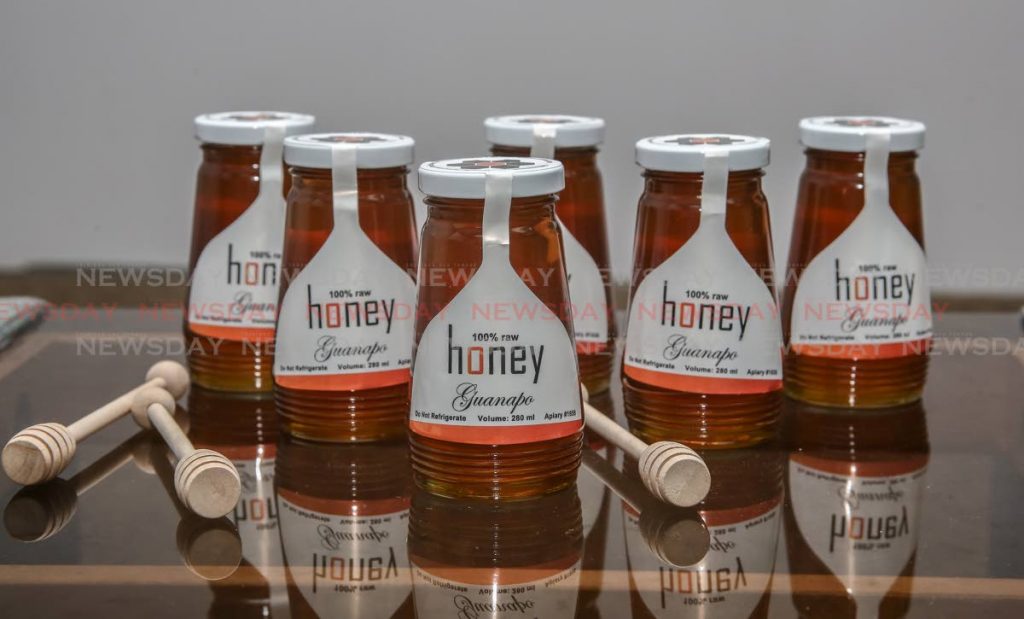
“My end result is easily 20 years away in terms of what I want to achieve. As Gary Vaynerchuk (serial entrepreneur and digital media speaker) puts it, you have to build a business for you – not for someone else. Some people will spend time to build an empire because they want to impress others when they should be building one that’s right for them – that allows them to live comfortably, spend time with their family and pay their bills,” she advised. “I’m always learning and growing. I’m passionate about personal development and building a better version of myself and my business. That keeps me as busy as I need to be(e).”
You can find out more by searching for Tropical Hives on Facebook or Instagram or through the website
tropicalhives.com
.
World Bee Day, designated by the United Nations to impress on the importance of bees in our ecosystem, is celebrated globally and annually on May 20. It coincides with the birthday of Anton Janša from Slovenia, the 18th-century pioneer of modern beekeeping.

Comments
"Tropical Hives thrives in bees"